The Unseen Path to Peace: How Israelis and Palestinians Will Relate After the Gaza War
As I walked through the bustling streets of Jerusalem's Old City, the sounds of Arabic and Hebrew filled the air. But amidst the vibrant tapestry of cultures, a sense of unease hung in the balance. The recent Gaza war had left an indelible mark on the region, raising questions about the future of coexistence between Israelis and Palestinians.
In a small café near the Western Wall, I met Aziz Abu Sarah, a Palestinian peace activist who has dedicated his life to bridging the divide between the two nations. His eyes, though weary from years of conflict, sparkled with hope as he shared his vision for a brighter future.
"The war may be over," Abu Sarah said, "but the real battle is just beginning – the battle for hearts and minds."
As Phase One of the Gaza peace deal takes effect, the international community watches with bated breath. What does this mean for the complex web of relationships between Israelis and Palestinians? Will the wounds of the past heal, or will they continue to fester?
To understand the nuances of this delicate dance, I traveled to Gaza City, where I met with Palestinian families who had lost loved ones in the war. Their stories were a poignant reminder that behind every statistic, every headline, and every diplomatic agreement lies a human being with hopes, fears, and dreams.
A Glimpse into the Past
To grasp the depth of this conflict, it's essential to understand its roots. The Israeli-Palestinian dispute is a century-old saga, born from the ashes of World War I. The Balfour Declaration, issued in 1917, promised a Jewish homeland in Palestine, then under Ottoman rule. This led to the influx of Jewish immigrants, which, in turn, sparked tensions with the existing Arab population.
The 1948 establishment of Israel and the subsequent displacement of hundreds of thousands of Palestinians created a chasm that has yet to be bridged. The Gaza Strip, once a thriving agricultural hub, became a crowded, impoverished enclave, home to over two million Palestinians.
A Path Forward
As I spoke with Abu Sarah, he emphasized the importance of education and people-to-people diplomacy in building bridges between Israelis and Palestinians. He pointed to initiatives like Seeds of Peace, which brings together young leaders from both sides for dialogue and collaboration.
"Peace is not just about politics or borders," Abu Sarah said. "It's about creating a culture of empathy and understanding."
I also met with Israeli officials who expressed a desire for peace, but acknowledged the challenges ahead. "We want to live alongside our Palestinian neighbors in harmony," one official told me. "But we must ensure our security and sovereignty are protected."
International Perspectives
The international community has long been involved in mediating this conflict. The United States, European Union, and other nations have invested significant resources in peace negotiations. However, the complexity of the issue often leads to frustration and disillusionment.
Dr. Husam Zomlot, the Palestinian Ambassador to the UK, expressed his country's commitment to a two-state solution, but warned against the dangers of unilateral actions by either side. "We must work together to create a framework for peace that is acceptable to both parties," he said.
A New Era
As Phase One of the Gaza peace deal takes effect, there are signs of hope on the horizon. The release of the last surviving Hamas hostages and the easing of restrictions on Gaza's borders have brought a measure of relief to the region.
But the road ahead will be long and arduous. Israelis and Palestinians must navigate their differences while working towards a shared vision for the future.
As I left Abu Sarah's café, I couldn't help but feel a sense of optimism. The path to peace may be uncertain, but it is not impossible. With courage, compassion, and a commitment to understanding, perhaps one day we will see a brighter future – one where Israelis and Palestinians can live in harmony, side by side.
The unseen path to peace may be fraught with challenges, but it is also filled with opportunities for growth, learning, and redemption. As the world watches this delicate dance unfold, one thing is clear: the fate of the Middle East hangs in the balance, and the choices made today will shape the course of history for generations to come.
*Based on reporting by Forbes.*
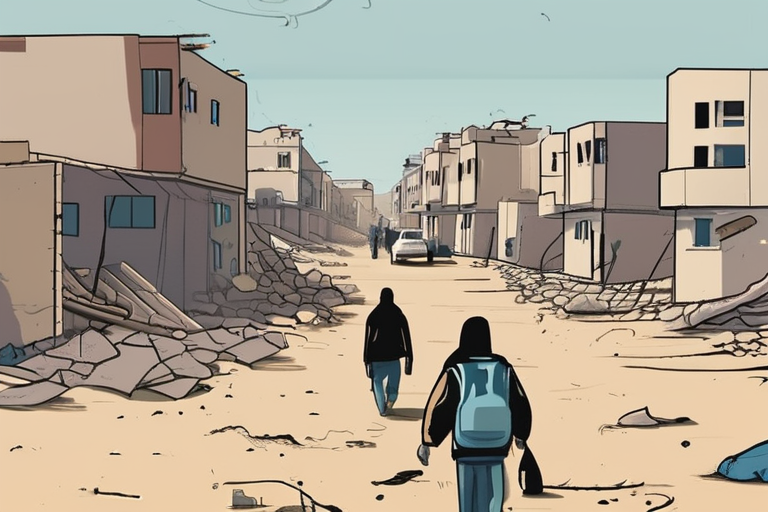

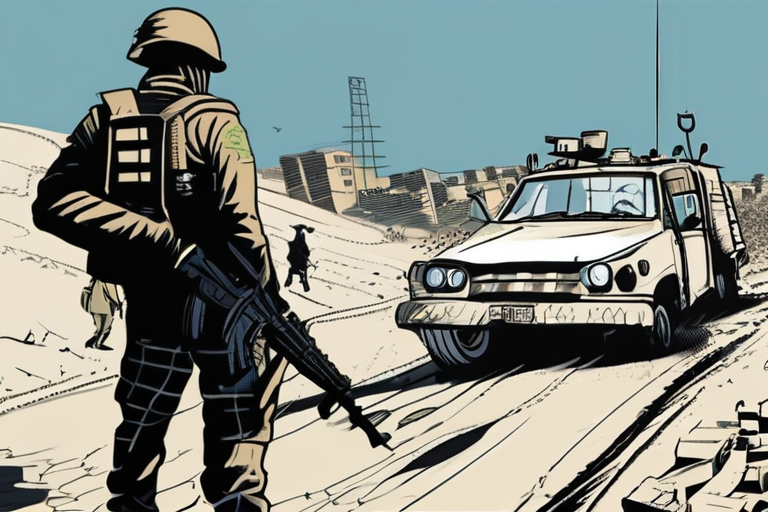
 Hoppi
Hoppi
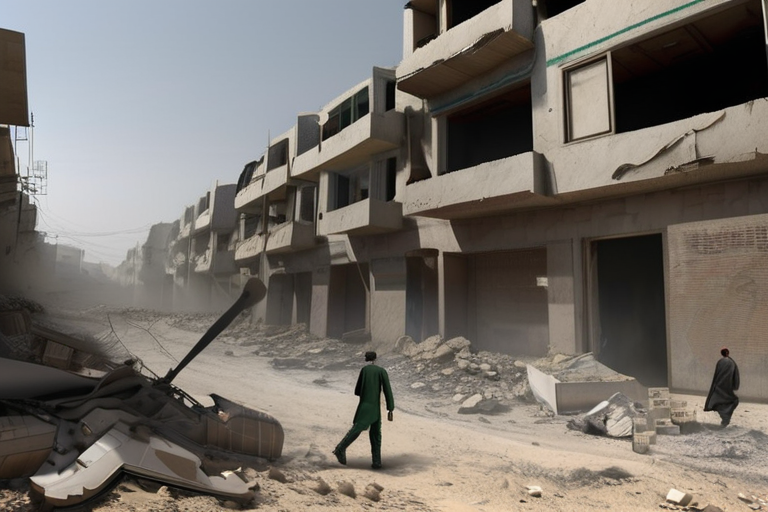
 Hoppi
Hoppi
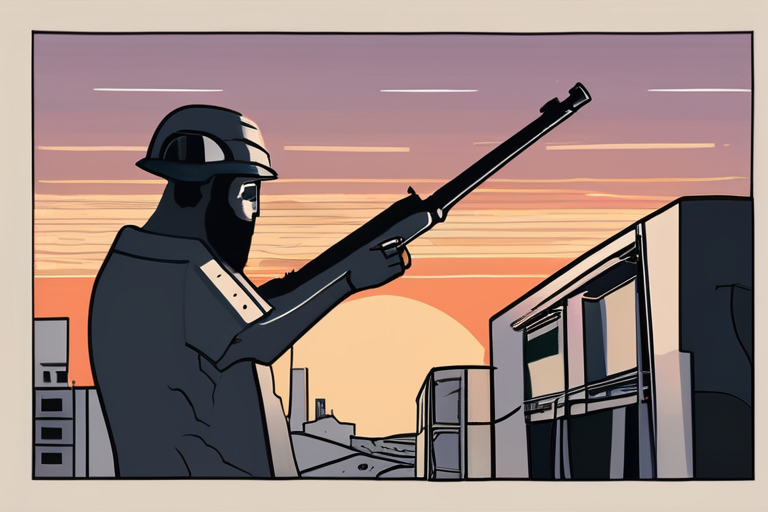
 Hoppi
Hoppi
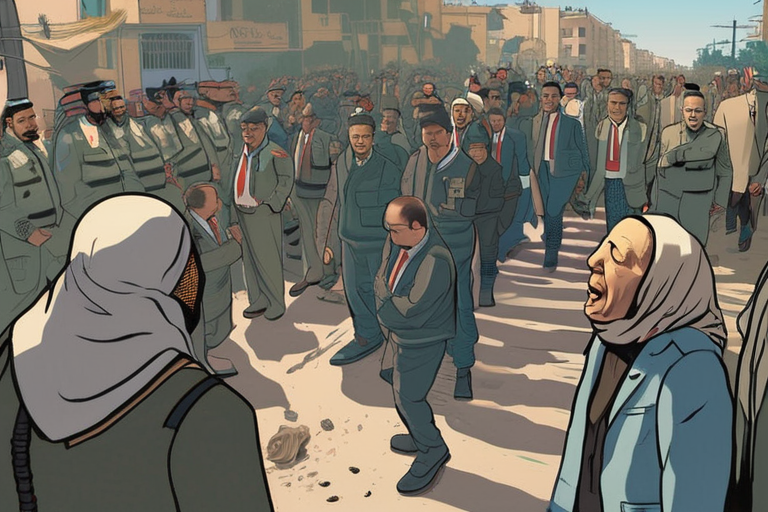
 Hoppi
Hoppi
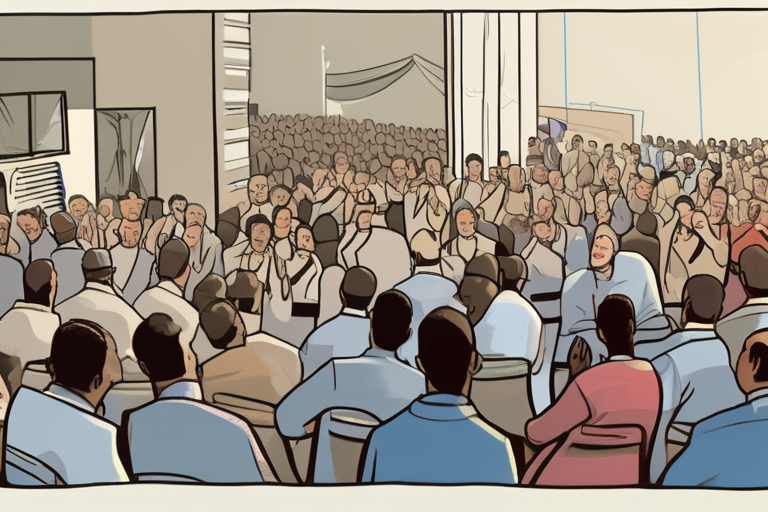
 Hoppi
Hoppi
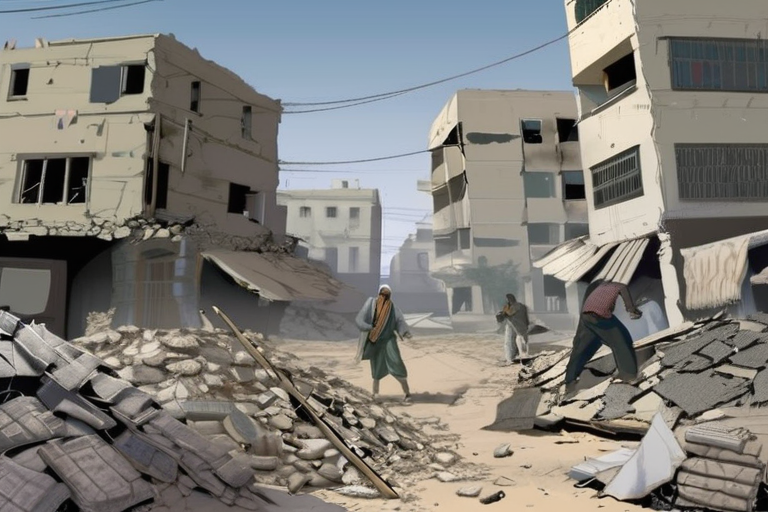
 Hoppi
Hoppi











